Australian botanicals are the scented stars of this custom gin blending class by the esteemed Mornington Peninsula distillery, writes Belinda Jackson.
What do Ginona Ryder, Jusgin Beiber and Osama Gin Laden have in common? They’re all custom gins blended at kitchen tables around Australia, with a bit of handholding by Bass & Flinders’ master distiller, Holly Klintworth.
A black box arrives in the post. Lid is flung open. Behold, an alchemist’s delight of tiny, tinkling glass jars filled with clear liquids. Inhale a rush of gin aromas. Most delicious even – especially? – at 11am on a Tuesday morning.
What we have learned or confirmed in this time of pandemic is that necessity is the mother of invention. Melbourne’s long, long lockdowns also dragged the neighbouring Mornington Peninsula into its net, forcing such businesses as celebrated distillers Bass & Flinders to find new ways to bring their gin goodness to our households.
The peninsula-based business has long run gin masterclasses from its distillery door in Habitat, the creative craft producers haven in the Dromana Industrial estate. However, one bright side of Victoria’s languid lockdowns was the launch of Bass & Flinders’ first blend-your-own bespoke gin kit and, in another first, it employs all Australian native botanicals.
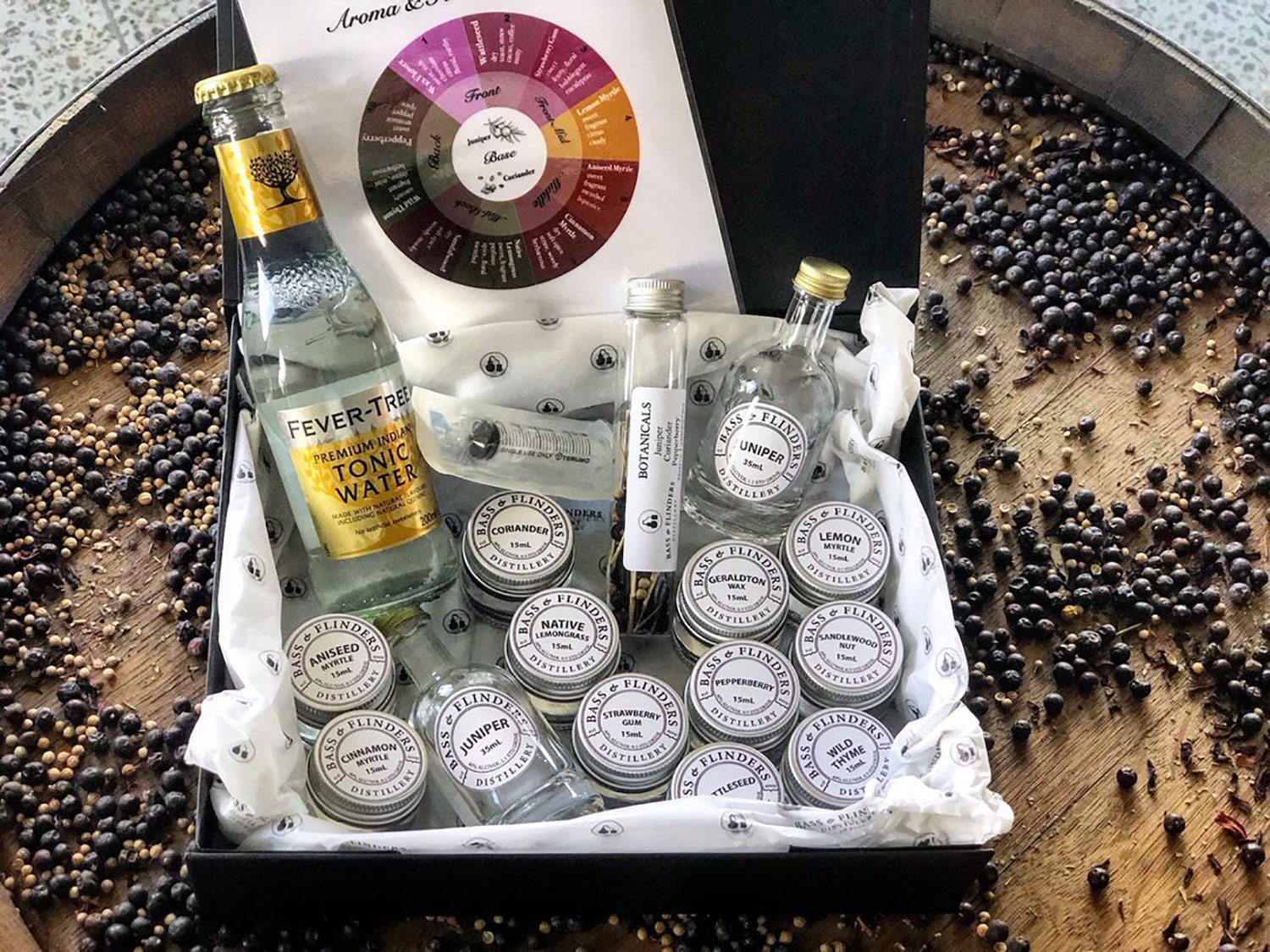
So now, back to the stylish black box of tricks that has arrived at my house. Ten little glass jars are filled with the essence of native aromatics including aniseed myrtle, strawberry gum, sandalwood nut and wild thyme. Also tucked in there are the workhorses of the gin world – two jars of coriander essence and two larger bottles of juniper – which together create the base for most gins. There’s a vial of seeds, grasses and berries: the raw products of the botanicals that we’re working with and, to finish off, a flavour and aroma wheel, which splits the aromatics into their families – whether they sit on the front, mid- or back of the palette, and each one’s flavour profile.
‘Native lemongrass is one of my top three botanicals: it’s harvested from Wooleen Station in Western Australia, and it’s a lot sweeter and more perfumed – almost musky – than you’d expect of a regular lemongrass,’ says second-generation distiller Holly Klintworth, who walks you through your gin-blending experience via an easy-going online video tutorial. ‘I also love the pepperberry because it just sharpens up a gin, and wattleseed for its unique flavour,’ she says.

The secret to a successful gin blend, Holly says, is about balancing the front, mid- and back palettes. ‘A lot of gins are really unbalanced, just at the top of the tongue or on the back palette.’
Following her easy-listening video, I settle in for a night’s gin tasting. First, I pour 35ml of juniper into a glass, then add 2ml of coriander using the supplied syringe. The base done, it’s time to start layering flavours. Like Holly, I’m crazy for native lemongrass, which is surprisingly perfumed.
As I syphon millilitres of botanicals into the juniper-coriander base, Holly sits on the kitchen bench, chatting away to me in the video. Aniseed myrtle is good for dry gins, she says, the very complex Geraldton wax is Australia’s own kaffir lime while lemon myrtle is ‘the queen of Australia’s native herbs – sweet with a slight menthol flavour’.
There is enough for two cracks at creating my own gin blend. Once complete, the recipes are tasted with a dash of quality soda or tonic – I have a few bottles of Fever-Tree tonic water standing by for the purpose – and are emailed back to the distillery, to be returned as a full 500ml bottle of the custom blend. They even keep the recipe on file, for you to reorder as thirst or vanity requires.
One part of this gin creating gig is naming your blend, such as Ginona Ryder, Inginious or even Deginerative. I’ve gone contemporary, and settle down to wait for my bottle of Lockdown’s Gindolence to arrive in the post.
Given my personal design flaw to avoid running with the pack, I now know that I’m a gin cowboy, throwing everything but the kitchen sink at my recipe. I spend the week asking myself whether the distillers looked at my concoction and simply thought, ‘Crazy woman, what was she thinking?’
And as misery loves company, I was encouraged to hear even Holly has struggled in the creation of her distinctive gins. Her favourite in the Bass & Flinders ranges is the Maritime Gin. ‘It was the hardest for me to make,’ she admits. ‘I wanted it to taste like the ocean – I was looking for a salty element. We ended up with a combination of saltbush, samphire and kelp, all locally foraged. I’ve got a soft spot for that gin.’
‘I can do gin blending only in hour-long blocks, as your senses get a bit knocked up, so it’s best to keep coming back to it,’ she advises.
In a quick phone consultation, Holly runs her eye over my recipe: I’ve obviously got a taste for very strong flavours. She suggests a touch of softening cinnamon myrtle, which also adds spice to the blend, or a hint of pepperberry. ‘We often use it just to round out the back palette and give a bit of length to the gin,’ she says. Alternatively, coriander smooths everything down, Holly explains, but at the risk of dulling the entire gin.
What this exercise has taught me: that my off-piste risk-taking approach did not result in the creation of the Great Australian Gin. I will not become the new hero of the gin industry. But I have succeeded in creating a dinner-party talking point.
I haven’t given up on the native lemongrass in my gin, either: Bass & Flinders has managed to do that far better than me with its Angry Ant gin, which blends it with West Australian native ant pheromones. And, for another dinner-party talking point, that one ain’t bad, either.
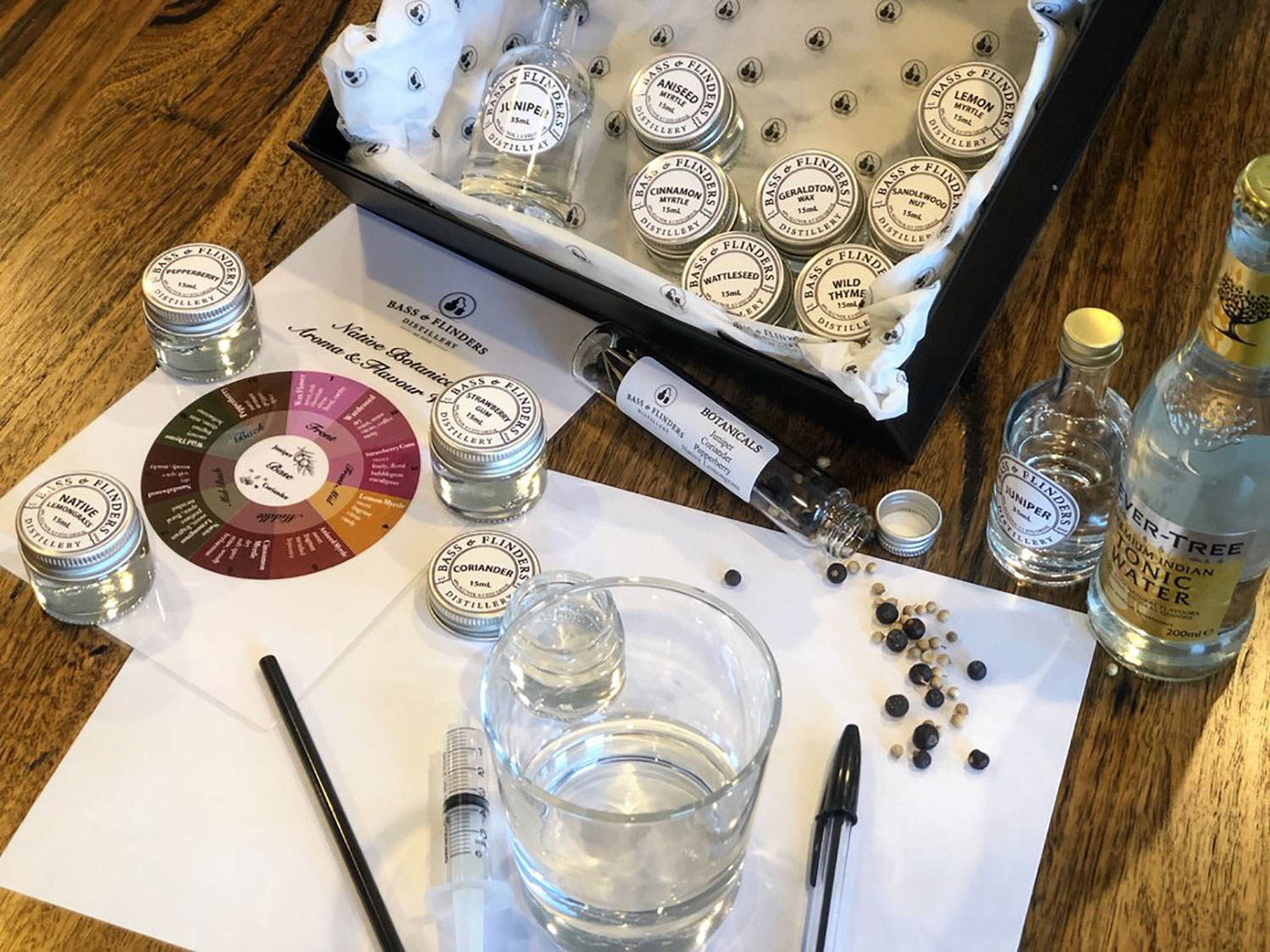
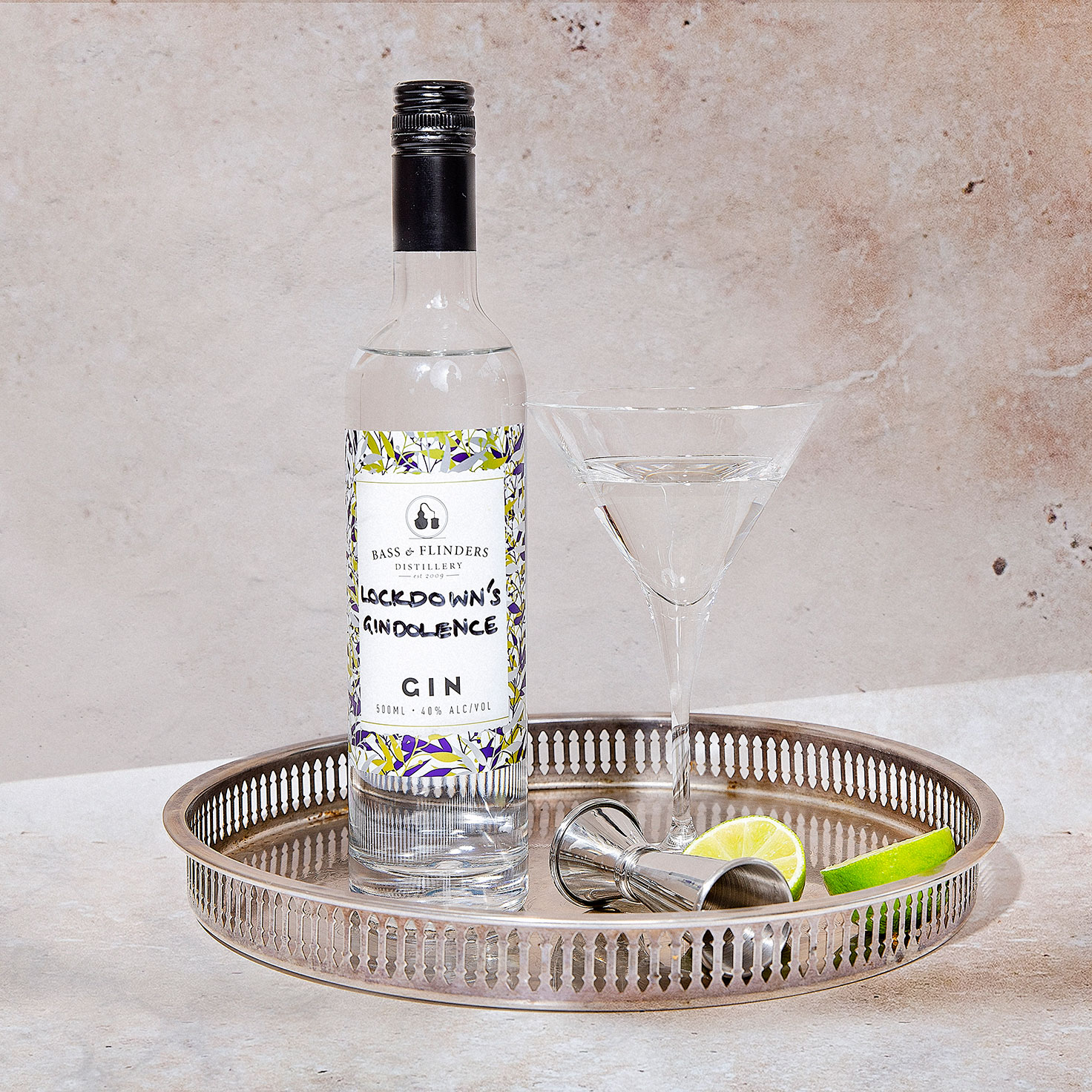
Bass & Flinders’ At Home Gin Masterclass Kit featuring native botanicals costs $165.
Bass & Flinders Distillery
40 Collins Rd, Dromana, Victoria
Tel. 03 5987 3893
bassandflindersdistillery.com/products/native-botanicals-home-gin-masterclass

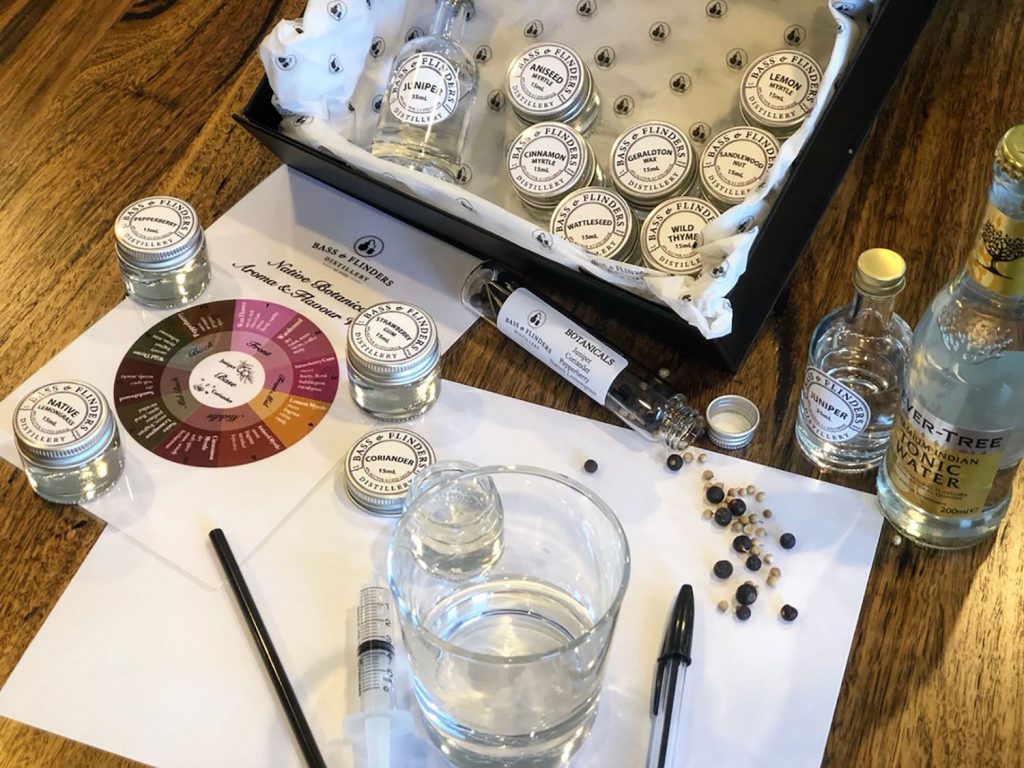
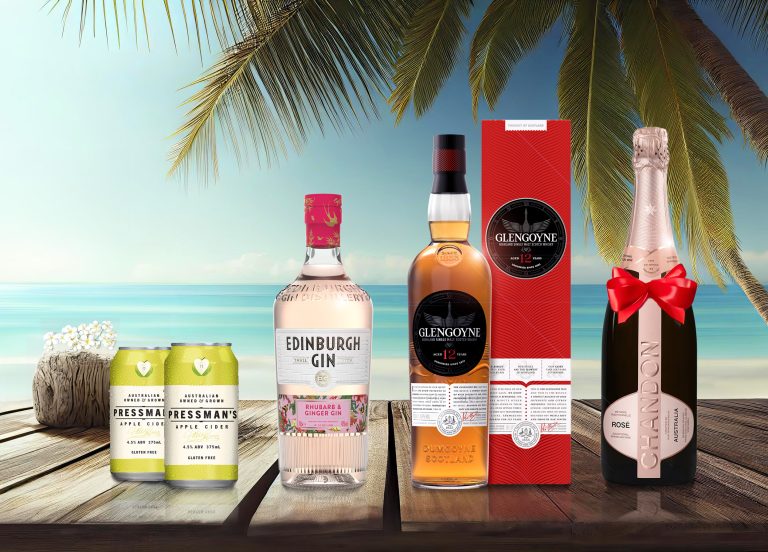
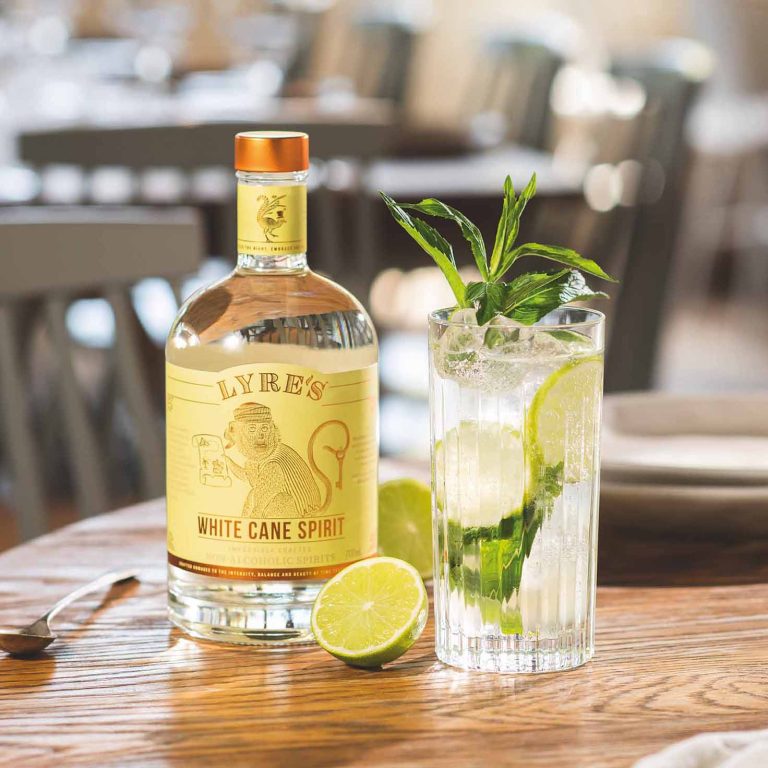
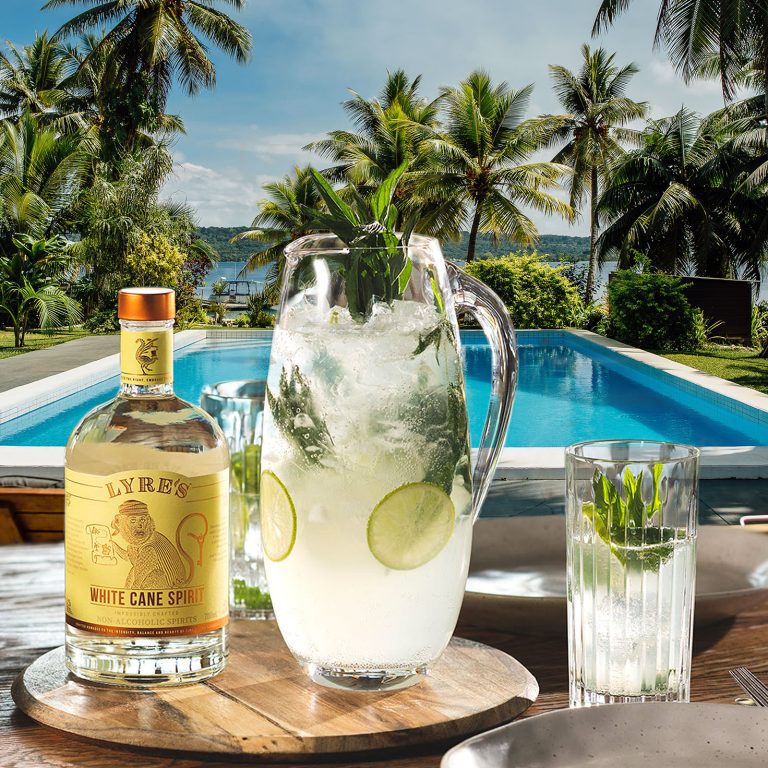
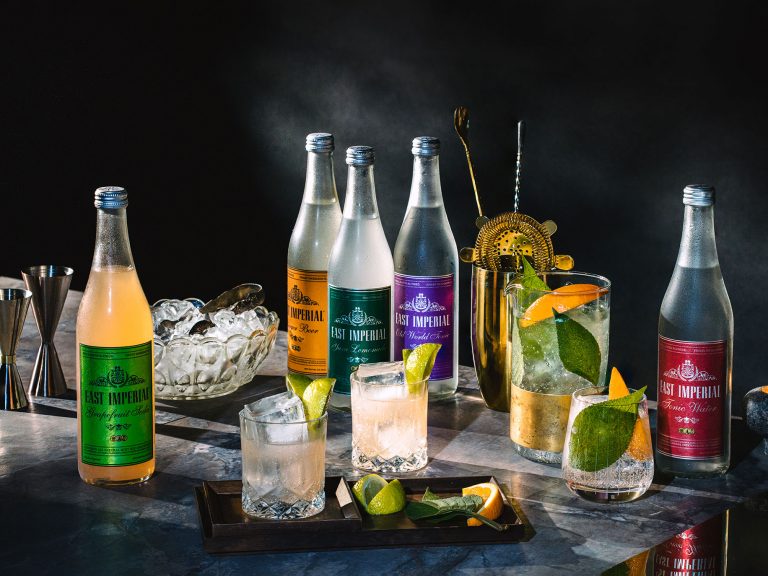
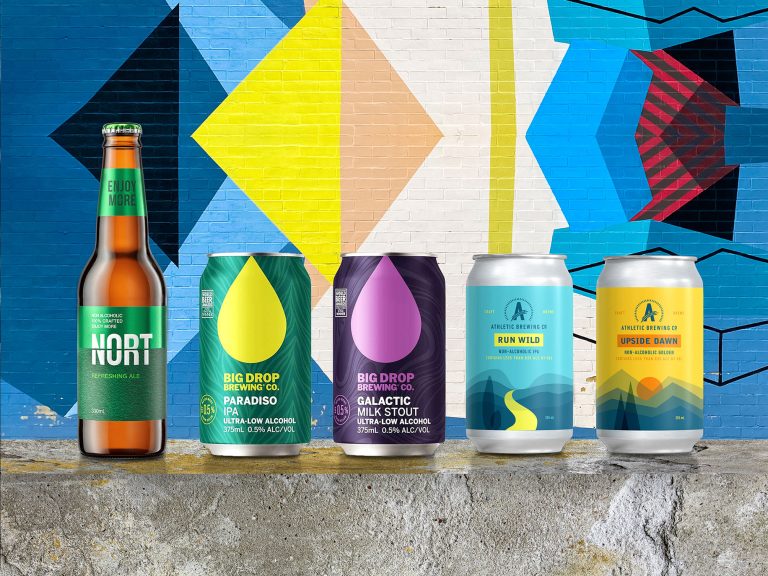
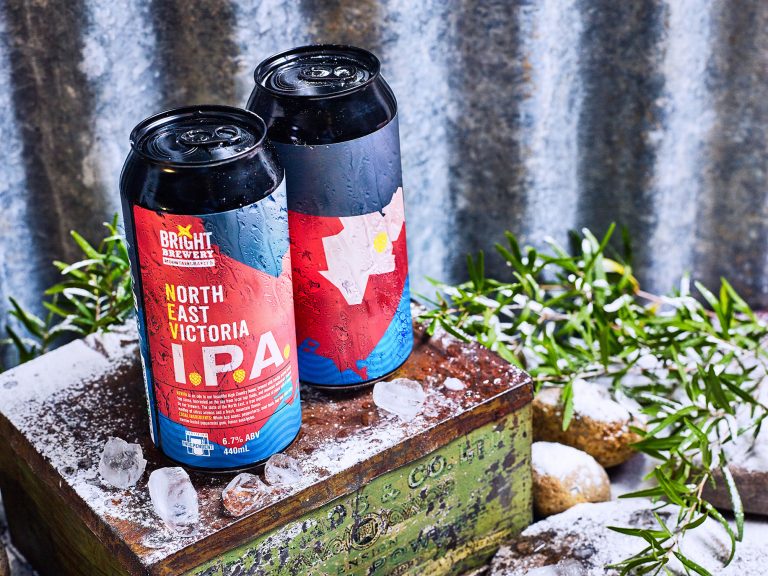
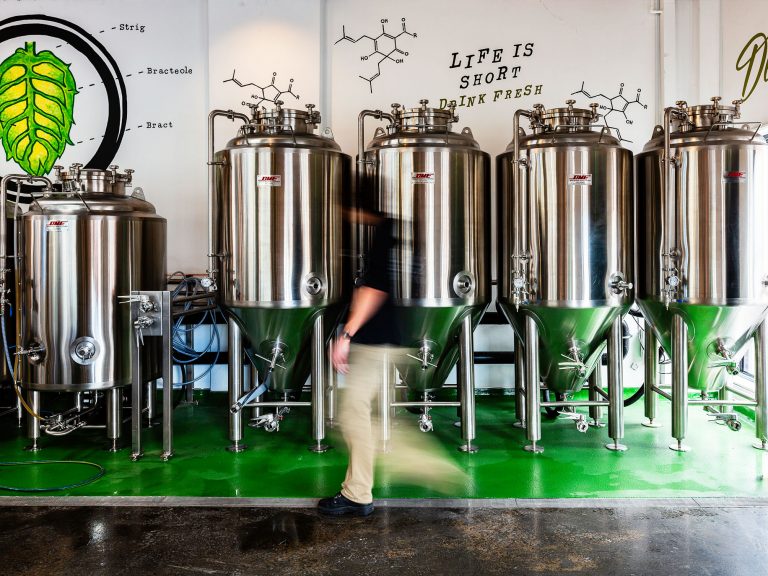
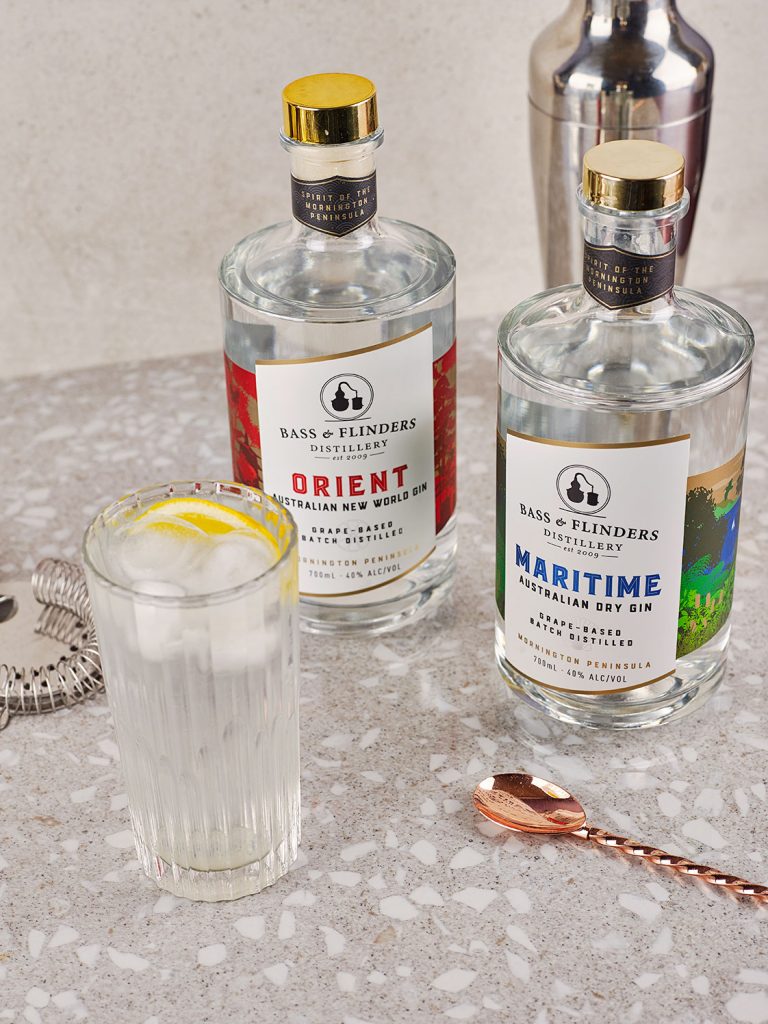
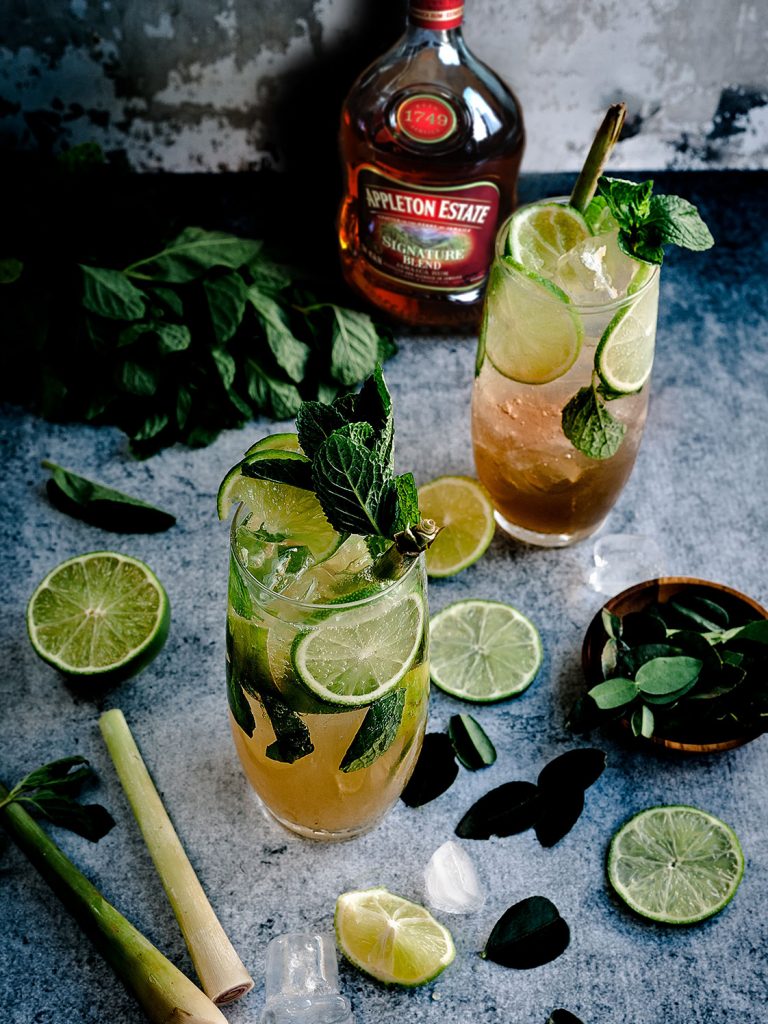
Comments are closed.